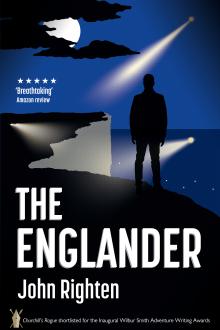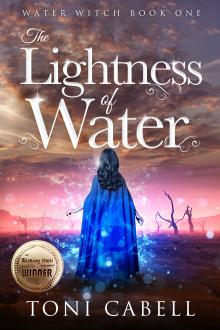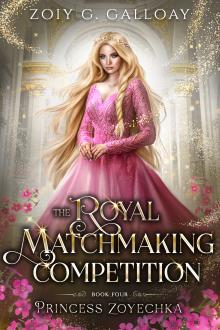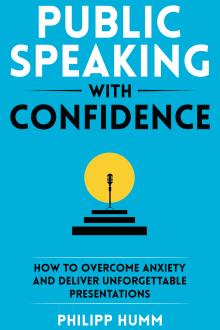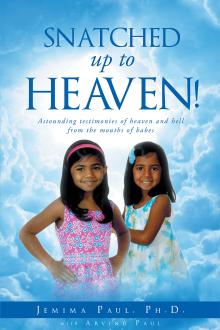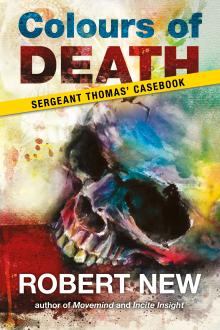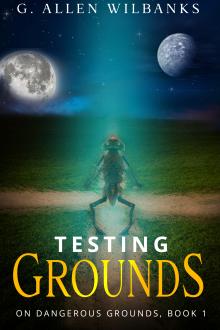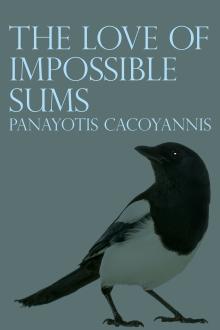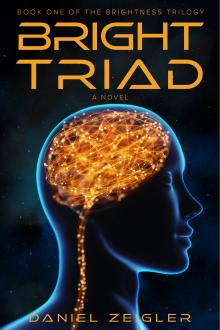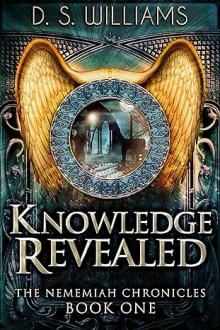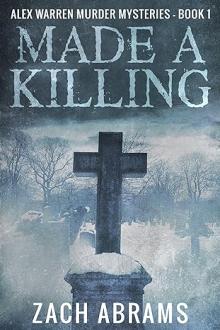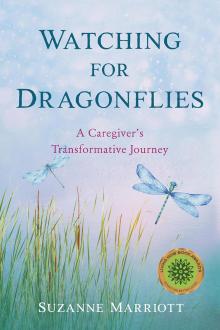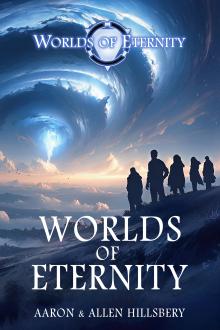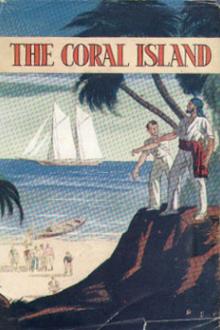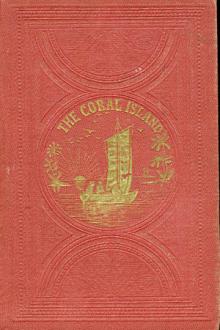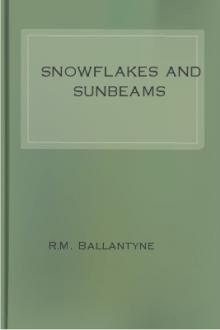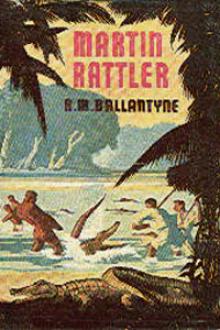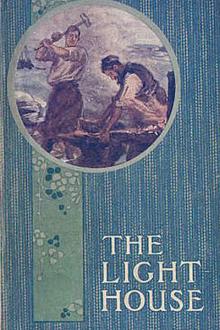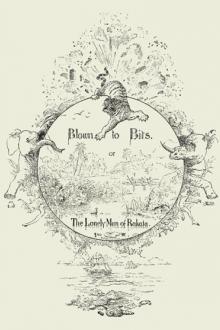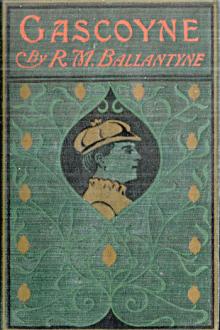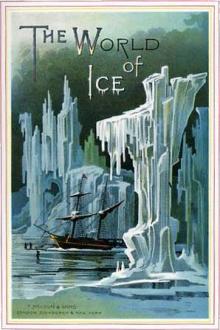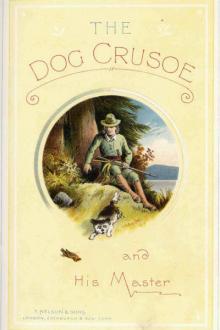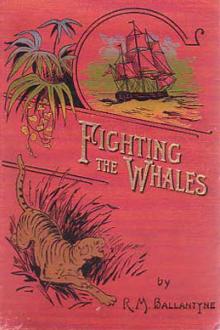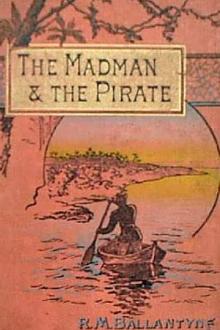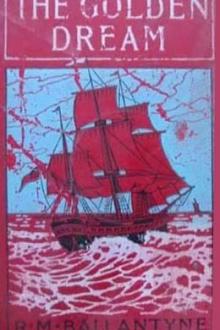The Gorilla Hunters
The Gorilla Hunters
A Tale of the Wilds of Africa
A tale of hunting adventure in Africa.
Book Excerpt
h we knew that six years must have made an immense difference in his personal appearance--for he was not much more than eighteen when we last parted-- we could not think of him except as a hearty, strapping sailor-boy. We planned, too, how we would meet him at the coach; how we would stand aside in the crowd until he began to look about for us in surprise, and then one of us would step forward and ask if he wished to be directed to any particular part of the town, and so lead him on and talk to him as a stranger for some time before revealing who we were. And much more to the same effect. But when next day came our plans and our conceptions were utterly upset.
A little before two we sauntered down to the coach-office, and waited impatiently for nearly twenty minutes. Of course the coach was late; it always is on such occasions.
"Suppose he does not come," said I.
"What a fellow you are," cried Peterkin, "to make uncomfortable suppositions! Let us rather suppose that he does come."
FREE EBOOKS AND DEALS
(view all)Popular books in Adventure, Nature, Young Readers, Fiction and Literature
Readers reviews
2.0
LoginSign up
Ballantyne was a master novelist and an expert at writing page-turners. "The Gorilla Hunters" is no exception, and it flows along at a pace that would make Wilbur Smith proud.
The idea of hunting gorillas seems a bit strange today, but Ballantyne acknowledges within the scope of the story the incongruity of killing in order to study nature. So although this realization doesn't seem to really affect the outcome in the story, it shows some sophistication, I think.
But despite this book's good points, I found the racist character of much of the depiction of local people in Africa to be troubling and distracting.
Of course anyone who reads 19th century or early 20th century English adventure literature has encountered these things before, and (hopefully) learned to acknowledge such things for what they are, and to read around them as much as possible.
Some books are good despite serious flaws like racism, which reflect the mentality of their time. Thus, even Edward Said could acknowledge the excellence of Kipling's "Kim" from an "aesthetic" viewpoint, even though it is shot through with racism and imperialism.
But sometimes those depictions form such an integral part of the book that they leave little unspoiled. Unfortunately I think that's the case for "The Gorilla Hunters."
The idea of hunting gorillas seems a bit strange today, but Ballantyne acknowledges within the scope of the story the incongruity of killing in order to study nature. So although this realization doesn't seem to really affect the outcome in the story, it shows some sophistication, I think.
But despite this book's good points, I found the racist character of much of the depiction of local people in Africa to be troubling and distracting.
Of course anyone who reads 19th century or early 20th century English adventure literature has encountered these things before, and (hopefully) learned to acknowledge such things for what they are, and to read around them as much as possible.
Some books are good despite serious flaws like racism, which reflect the mentality of their time. Thus, even Edward Said could acknowledge the excellence of Kipling's "Kim" from an "aesthetic" viewpoint, even though it is shot through with racism and imperialism.
But sometimes those depictions form such an integral part of the book that they leave little unspoiled. Unfortunately I think that's the case for "The Gorilla Hunters."
- Upvote (0)
- Downvote (0)
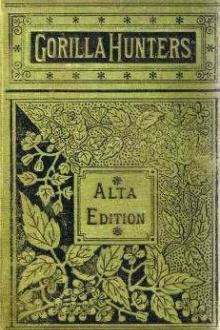
 Free Download
Free Download